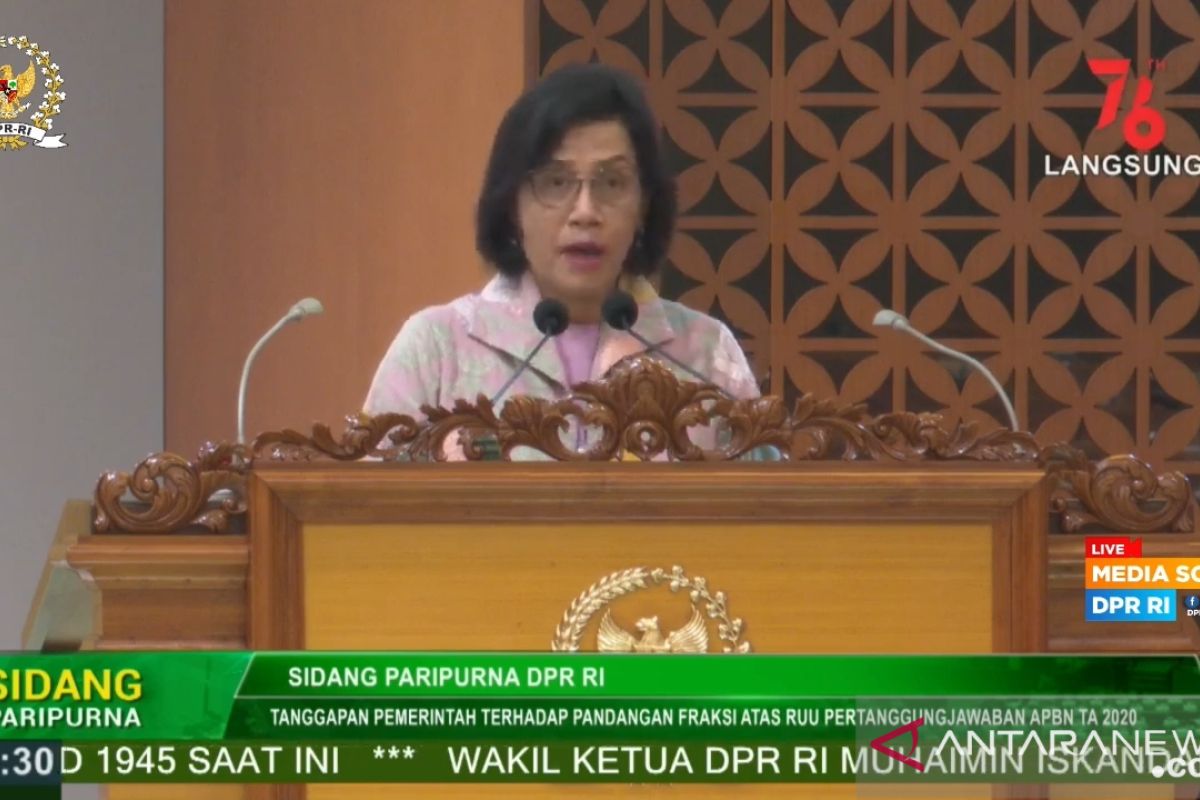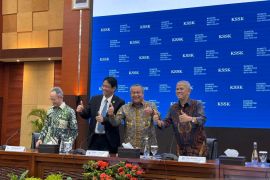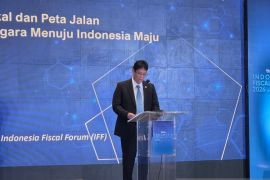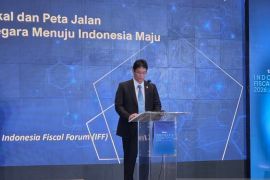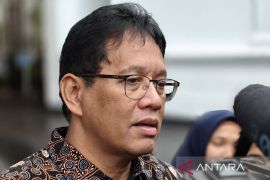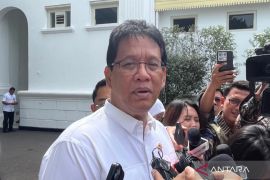The remaining funds of special state securities are reserved for the payment of vaccine procurement, health worker incentives, COVID-19 patient care, and supporting MSMEs.Jakarta (ANTARA) - The placement of Rp66.7 trillion from the 2020 National Economic Recovery Program (PEN) in banks has had multiple impacts, especially in terms of banking support for MSMEs (micro, small, and medium enterprises), which has reached Rp218.9 trillion.
Finance Minister Sri Mulyani Indrawati made these remarks at the plenary meeting of the House of Representatives (DPR) here on Tuesday.
"The fund placement in banking came from special state securities from government cooperation with Bank Indonesia in non-public goods, with a total value of Rp177 trillion in withdrawal," she said.
However, because the funding was not long-term or less than one fiscal year in duration, such transactions were not recorded as part of cash management transactions or non-budget transactions, and were therefore included in unspent funds at the end of the 2020 fiscal year, Indrawati explained.
The remaining special state securities funds of Rp57.1 trillion from the government's cooperation with Bank Indonesia (BI) for the COVID-19 Handling and National Economic Recovery (PC-PEN) program had not been utilized until the end of the 2020 fiscal year, she noted.
Related news: Cooperatives minister seeks MSME integration with national industry
According to Indrawati, the remaining special state securities funds have been reserved for payments towards vaccine procurement, health workers' incentives, COVID-19 patient care, and supporting MSMEs in the form of interest subsidies on people's business credit (KUR) and non-KUR in the 2021 fiscal year.
"So, the unspent funds of the fiscal year 2020 was mostly derived from PC-PEN activities that were needed to bolster pandemic handling and national economic recovery, not only for implementation in 2020, but also on a sustainable basis in 2021 and later," she elaborated.
Unspent funds amounting to Rp245.6 trillion from 2020 will be used as a source of financing the Remaining Budget (SAL) in the next fiscal year, which is pegged at Rp139.4 trillion, she informed.
The use of the remaining budget in the 2021 fiscal year is a form of the government's commitment to support innovative and sustainable financing, maintain a reliable and efficient fiscal buffer to reduce state securities issuance, and support necessary investment financing, the minister said.
Related news: State enterprises, MSMEs should intensify collaboration: legislator
Translator: Agatha V, Kenzu T
Editor: Rahmad Nasution
Copyright © ANTARA 2021
